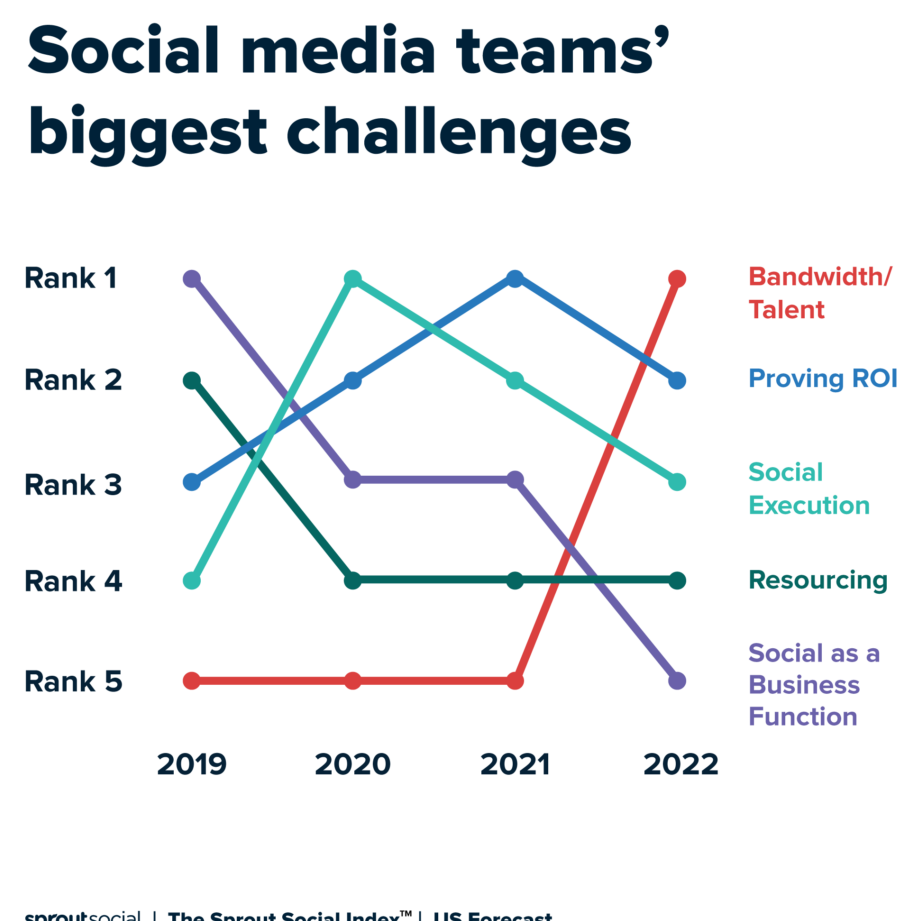“Commercial awareness” is a term which instills fear in the heart of even the hardiest finance candidates out there. The commercial world is pretty big—how aware does one have to be, exactly?
From my own experience, I know that it can be pretty tempting to go out and buy every newspaper, magazine, or textbook in existence on the topic. However, as you can imagine, this makes a pretty formidable pile, and reading everything from cover-to-cover is neither helpful nor efficient. What I gleaned from my attempts to do so are:
- You can never read everything.
- You will never understand everything.
And most importantly:
- Remembering masses of information word-for-word is not what your employer is looking for.
So what is the best way to go about improving your commercial awareness?
It definitely is important to read financial newspapers and magazines such as the Financial Times and The Economist. But before dive in, it’s crucial that you understand what’s going on behind the scenes so you can make sense of the technical terms that such publications use.
Christopher Stoakes’ Know the City series is quite useful on this account. It gives a good grounding on the financial markets and covers the recent crises in global and eurozone finance to boot.
Stoakes also has some nifty tips on the best way to read the FT, once you’ve familiarised yourself with the basic structures that make up the financial world. Here are the ones that I found most useful:
- Bin the supplements. The FT comes in two sections: the main section and the companies & markets section. This is the stuff that will be most helpful to you.
- Begin by reading the LEX column. This can be found on the back page of the first section, and is read by what Stoakes calls the “opinion formers”—this includes captains of industry, bankers and politicians. After a while of reading this column, you should be able to detect a trend: think about which companies are being talked about repeatedly and why. Are they on an upward or downward trajectory?
- Then read the first few pages of the companies & markets section. This soon turns into lots of little numbers in tables so that’s your cue to stop reading (unless you really are interested in/can make heads or tails of that sort of thing). Alternatively, you could furrow your brow and stare seriously at these numbers so that everyone around you thinks you’re an incredibly impressive businessman.
- Pick up the first section again, and read from back to front. Scan the front page, of course, but the more interesting stuff is towards the back (it’s a clever tactic the FT are employing here!).
What other useful resources are out there?
While I found Stoakes’ advice incredibly useful, it can be nice to get a change from the FT (it can get a little dense, after all!).
Other publications to look out for are:
- The Economist: Don’t be put off by the title. There’s a lot of material here, but it’s all interesting stuff and I certainly found it more user-friendly than the FT.
The same rules apply as above, however. Don’t feel like you have to read everything. Look through the contents and circle the articles that sound interesting: if you’re enthusiastic about a topic, that will come across at interview and you’ll be a lot more interesting to talk to as a result.
- The Spectator: This magazine is probably more politically-orientated than economy-orientated, but as you’ll know the two often go hand-in-hand. In fact, interviewers are often interested more in you and your ability to form and argue an opinion rather than in the level of knowledge you have regarding the economy. As such, it’s always good to stay on top of current affairs, regardless of whether they are concerned with politics, the economy or the wider global environment.
- The Week: The Week is ideal if you’re looking for a quick rundown of, well, the week! It might be a good one to flick through the night before an interview; it will refresh your memory with brief summaries of the latest news and current affairs, without overloading you with the complicated material you’re likely to find in other publications.
One final thing to remember is not to get too stressed over “improving” your commercial awareness! Try reading the newspaper on your way into uni, flicking through the BBC website over breakfast, or listening to a podcast on your walk to the gym. If you do it right (and start far enough in advance), you should find that the entire process becomes part of your daily routine, rather than a frantic cramming session the evening before your interview.

For years I have studied American finance regulations. All the information in this blog is sourced from official or contrasted sources from reliable sites.
Salesforce Certified SALES & SERVICE Cloud Consultant in February 2020, Salesforce Certified Administrator (ADM-201), and Master degree in “Business Analytics & Big Data Strategy” with more than 13 years of experience in IT consulting.
